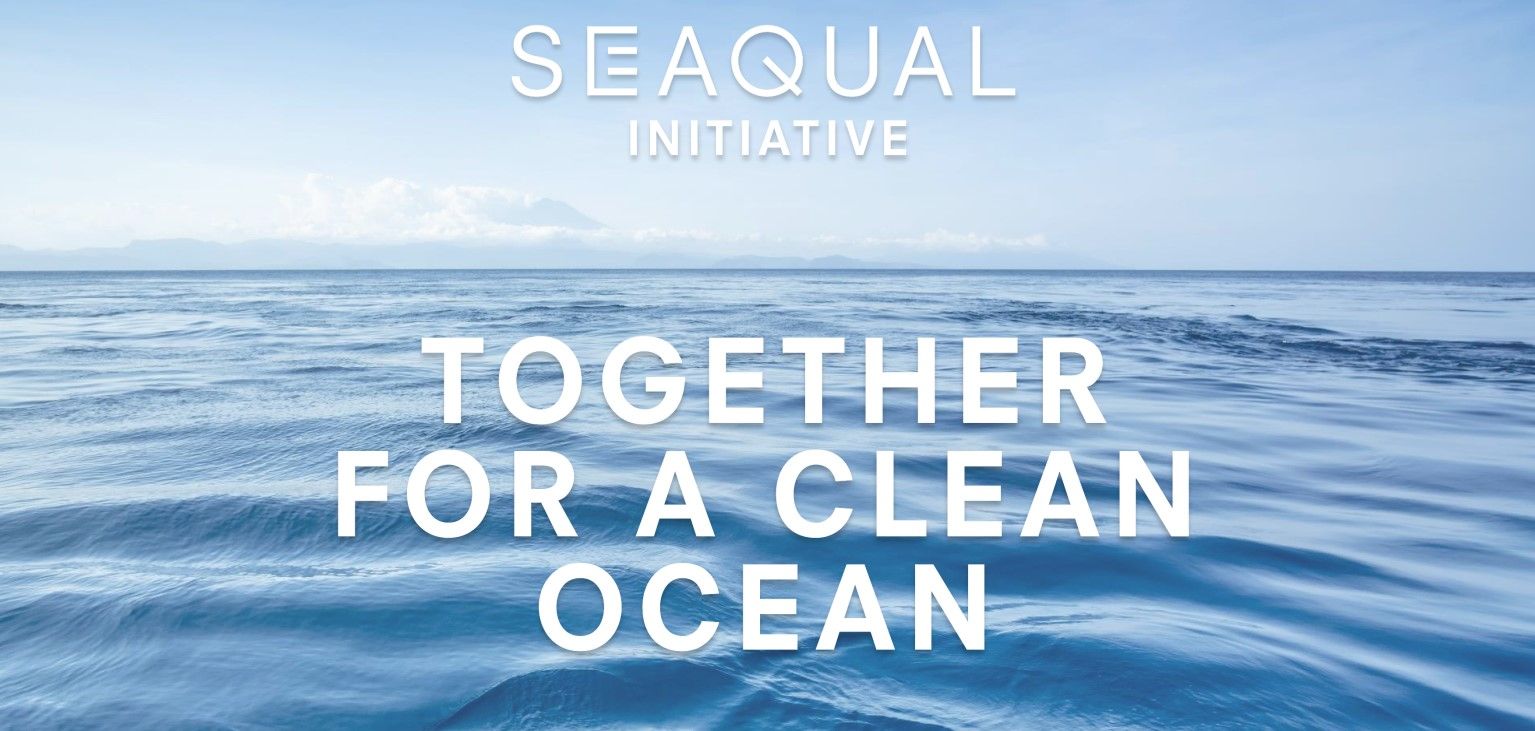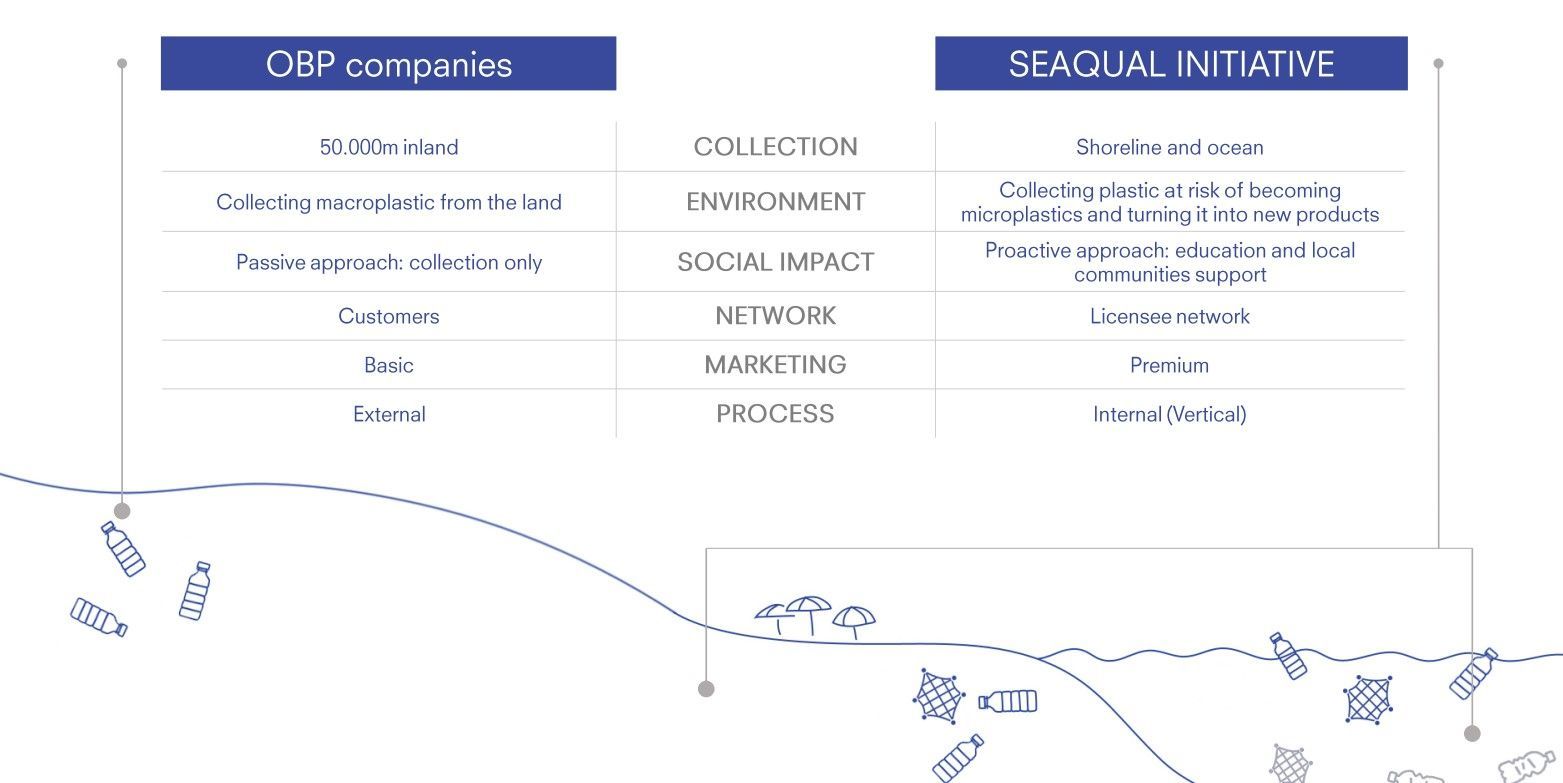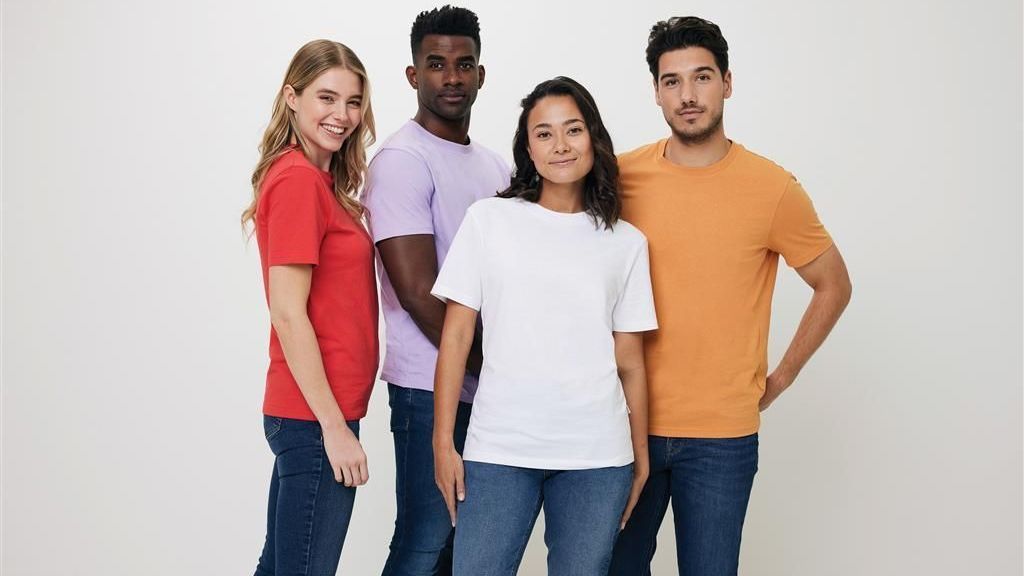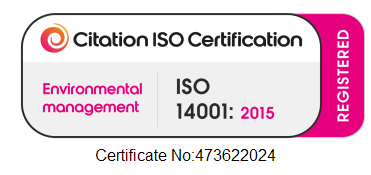SEAQUAL Plastic versus Ocean Bound Plastic
New material for Eco Promotional Products


Key Points about SEAQUAL Plastic:
1. Ocean Clean-Up Effort: SEAQUAL plastic originates from marine plastic pollution, playing a direct role in ocean clean-up initiatives. It involves global collaboration to retrieve and recycle plastic waste from oceans, rivers, and beaches.
2. Sustainable Material: After the plastic is collected, it goes through a recycling process to produce SEAQUAL Yarn or Polymer, which can be used to make various sustainable products, including fabrics for apparel, furniture, or packaging.
3. Traceability: Products made from SEAQUAL Plastic can be traced back to the raw material source, ensuring transparency in the supply chain and affirming the material’s origins in ocean clean-up efforts.
4. Circular Economy: The initiative supports the circular economy by giving new life to plastic waste that would otherwise pollute the environment. By converting plastic into durable and reusable products, SEAQUAL reduces the need for virgin plastics, minimising the environmental footprint of manufacturing.
5. Certifications and Commitment: SEAQUAL INITIATIVE adheres to strict environmental and quality standards, ensuring that the products made from SEAQUAL Plastic are truly sustainable and environmentally friendly.
Impact of SEAQUAL Plastic:
- Environmental Impact: SEAQUAL plays an active role in removing plastic from oceans, contributing to the reduction of marine pollution and helping preserve marine ecosystems.
- Social Impact: It creates jobs for local communities involved in ocean clean-up and waste sorting processes, thereby providing economic benefits along with environmental ones.
- Consumer Consciousness: Brands and manufacturers that use SEAQUAL Plastic help raise awareness about ocean pollution and encourage more sustainable consumer choices.
Products Made from SEAQUAL Plastic:
We have yet to sea SEAQUAL making a big ‘splash’ in the promotional products market although towels and some clothing products are available. In principle we should expect to see a lot more in the near future.Things like:
- Apparel and Textiles: SEAQUAL Yarn is used to create sustainable clothing, sportswear, and accessories.
- Home Textiles: Fabrics used in furniture, curtains, and other home textiles can also be made from SEAQUAL Yarn.
- Packaging and Accessories: SEAQUAL Polymer can be used to create eco-friendly packaging, bags, and other promotional materials.
Why SEAQUAL Plastic Matters:
SEAQUAL Plastic goes beyond simple recycling. It addresses one of the most pressing environmental challenges—plastic pollution in the ocean—and turns it into a resource for sustainable production. By supporting SEAQUAL products, companies and consumers can actively contribute to reducing ocean waste while promoting a more sustainable future.
In summary, SEAQUAL Plastic is an innovative solution that not only helps clean up the oceans but also supports sustainable production. It embodies a commitment to preserving the environment and championing responsible recycling practices across various industries.





